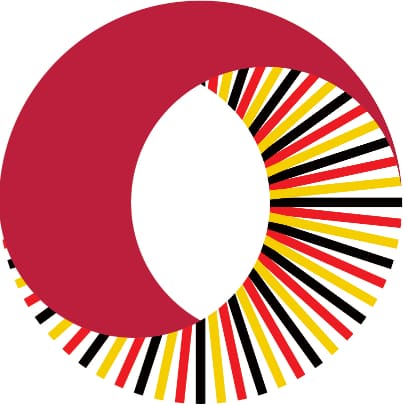WG1: German-Japanese Symposium on Offshore Wind Grid Integration and Technologies
The German-Japanese Symposium on Offshore Wind Grid Integration and Technologies which took place on 16 October 2023, organized in the framework of the Japanese-German Energy Partnership, was a successful follow-up to the Global Offshore Wind Summit-Japan 2023 in Kitakyushu.
The symposium took place as an activity of the Working Group 1 “Energy Transition”. It took a deep dive into policies and developments of grid connection and integration of offshore wind in Japan and Germany. First, the governmental perspective was presented by Kazuto Nakamura (Ministry of Economy, Trade and Industry) and Anton Hufnagl (Federal Ministry for Economics and Climate Action), supported from a developer’s point of view represented by Manfred Dittmer (German Offshore-Wind Initiative GOI). In the following, Dr. Klaus von Sengbusch (50Hertz Transmission GmbH) as well as Masaki Midorikawa (Tokyo Electric Power Company Power Grid Inc.), and Yuu Matsumoto (Tokyo Electric Power Company Power Grid Inc.), shed light on the topic of grid connection and integration of offshore wind as one of each country's major transmission system operators. Seiichiro Kimura (Renewable Energy Institute) added to the debate with an input from the research perspective on offshore wind grid integration.
German companies offer a wide range of innovative technologies and services. Therefore, in the second part of the symposium Ralf Skowronnek (Skowronnek & Bechnak), Miguel A. Sánchez Cano (SanCo) and Baris Sever (Kuehne+Nagel) reported on the services offered by German companies in connection with offshore wind, risk mitigation and resilient logistics. In the panel discussion, led by Heiwa Hasegawa (German Chamber of Commerce and Industry in Japan (AHK Japan)) approaches to solutions and opportunities for increased cooperation between Japan and Germany with regard to the challenges posed by the integration of offshore wind grids were discussed with great commitment.
Some key take-aways of the event were:
▶️ The centralized tendering system in Germany enables offshore wind projects to be awarded more efficiently. With the creation of a master plan and the introduction of a "Japanese version of the centralized system", more efficient and transparent tenders are also expected in Japan in the future.
▶️ Japan and Germany face very similar challenges regarding transmission system development, such as ensuring general acceptance, resolving transmission capacity bottlenecks, and dealing with power fluctuations, which means that close bilateral exchange will continue to offer great synergies in the future.
▶️ To meet flexible demand, other methods, such as energy storage are beneficial for grid integration, but costly compared to the development of the power transmission grid, therefore both countries should operate on a "grid first" principle.

